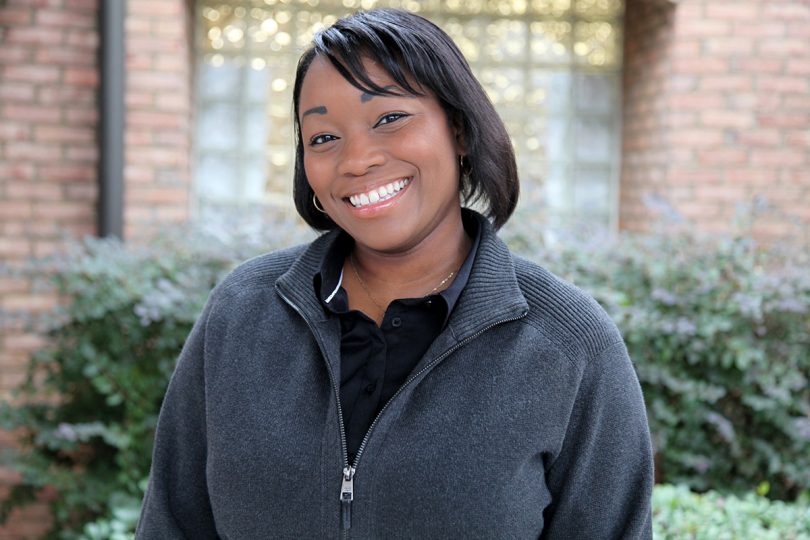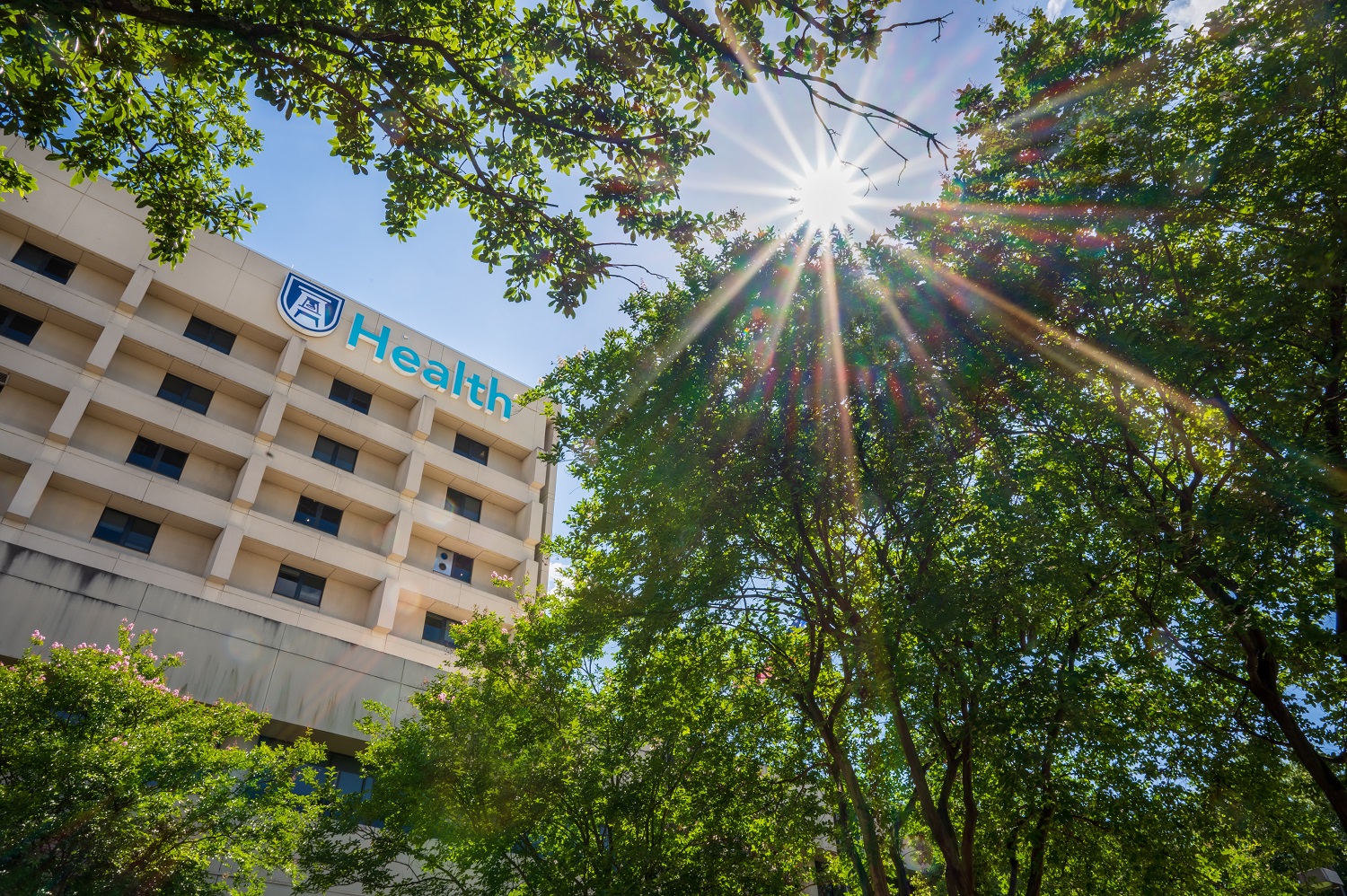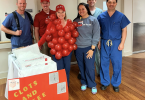4:30 a.m.: The alarm buzzes unrelentingly. It’s an ungodly hour for many to be awake, but it’s time to get four kids out of bed, fed and ready for school. By the time you’ve gotten four bodies dressed and their belongings packed, it’s finally time to prepare for a day of learning, yourself.
That’s because you’re a college student with a full course load, on top of the heavy load you carry at home.
After school drop-off, you have a moment of silence, only for it to be interrupted by the hunger pangs reminding you that you forgot to eat breakfast. That concern feels minor, compared to worrying about how you’re going to ace three final exams that day – because not only your future depends on it, but so does your present…the well being of your four children. By the way, was James prepared for that test he was nervous about? Did Anita remember her signed permission slip for her class field trip?
You’re startled out of your worrying by the sound of rustling book bags and commotion. Classes are over for the day, and it’s time to pick up the kids from school and get dinner started. After everyone shovels in, with satisfaction, the food you prepared, you’re out the door again to evening activities. Dirty dishes are going to have to remain in the sink until later. Mentally and physically drained, you muster up enough mental stamina to multitask between supporting Jayla at martial arts practice and getting schoolwork done.
When all is said and done, you come home, complete bedtime rituals with your children and fall asleep on the couch, textbook and highlighter in hand, and prepare to do it all over again tomorrow.
If you’re tired simply from reading this and putting yourself in Ca’Seita Byrd’s shoes, keep in mind that she does all of this without caffeine.
In June 2016, after spring semester final exams wrapped up, Byrd experienced rapid heart palpitations, dizzy spells and lightheadedness. She went to the emergency department at a local hospital – on her birthday of all days – and left without answers but, instead, with a halter monitor to wear for 48 hours to record her heart rhythm. She was referred to a cardiologist who then sent her to Augusta University Health for some answers and a solution.
Dr. Adam Berman, an electrophysiologist with Augusta University Heart and Cardiovascular Services, diagnosed Byrd with ventricular tachycardia, a very fast heart rhythm that begins in the two lower chambers of the heart, the ventricles. He recommended treating her condition with ablation, a procedure that scars the tissue in the area of the heart that’s involved with the abnormal rhythms. This can prevent the abnormal electrical signals or rhythms from moving through the heart and, therefore, stops the arrhythmia.
Despite the skepticism from her friends and family regarding the procedure, Byrd felt fearless.
“Being a student and enjoying doing my own research made me feel more prepared and comfortable,” Byrd said. “I knew about the risks, and I trusted Dr. Berman. “He gave me all of the information upfront – the good, the bad and the ugly.”
In addition to Byrd’s role as a mother of four, she’s also working on her bachelor’s degree in cell molecular biology at Augusta University, with plans to become a dentist.
Byrd underwent the procedure right around Thanksgiving. Within just a couple short months, she got back to exercising and working up to high-impact physical activity like running.
“I’m in a season of life where I’m proving to myself that I can do it,” Byrd said. “I went through a lot in my 20’s, but I never gave up. Time is the only thing that you can’t control or can’t get back; all you can do is make every moment count.”
Byrd, whose father died of a heart attack when she was a young girl, feels determined to live a long life so she can continue to enjoy her children.
“If my father had followed through with his care, he may have had a better chance at surviving,” Byrd said. “After suffering the loss of my father and now a parent myself, I know that I couldn’t neglect my own health. I’m determined to be there for my kids and not to let my heart condition stop my life,” Byrd said.
Byrd feels thankful to have another opportunity to achieve her goals, one of which is continuing to raise a healthy, happy family and the other being to care for patients the same way she was cared for.
“When you love what you do, it’s hard to complain,” Byrd said. “I call the stress in my life ‘happy stress,’ because it pushes me – and I didn’t come this far to stop.”


